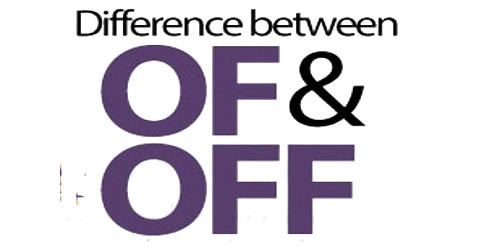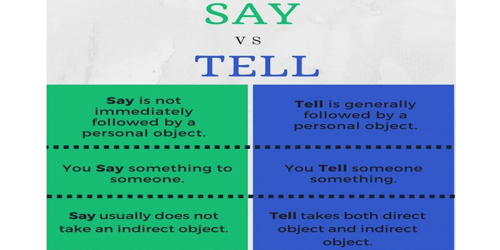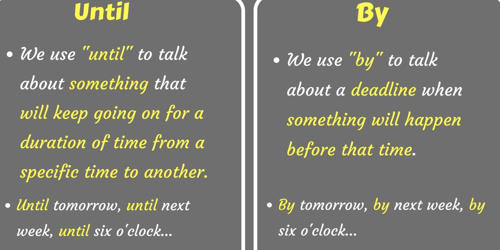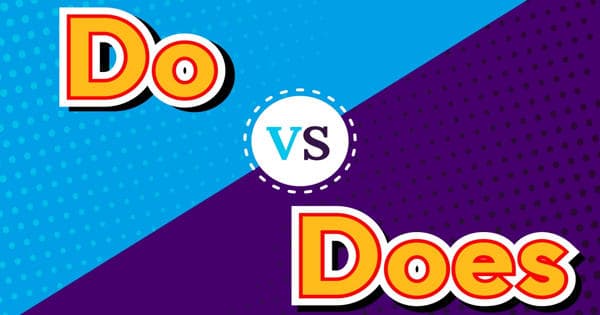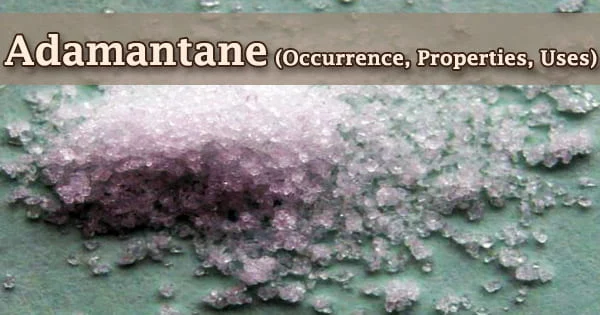The words “of” and “off” are both prepositions. Many use the words ‘of’ and ‘off’ interchangeably, due to lack of knowledge about their meaning and usage. ‘Of‘ is a preposition that is used in sentences to show belongingness or possessiveness. “Of” is most commonly used to show possession (e.g., an uncle of Mr. Jones) or to show what something is made of (e.g., a wall of ice). It is commonly contrasted with the word ‘off‘ which is used when we mean ‘away from a person, object or place’. The word “off” is commonly seen as part of a phrasal verb, which is a single verb made up of more than one word.
Of is a preposition, which is used to show some connection with the other word, or part of the sentence. As against, Off is commonly used as an adverb, but it can also be used as a noun, verb, adjective, and preposition. The word ‘off’ is added after the verb, to make it a phrasal verb, whereas we cannot make a phrasal verb, with the help of the word ‘of’.
Difference between Of and Off
OF
- ‘Of’ is used to show a relationship or connection between someone or something to another.
- ‘Of’ is a preposition that indicates relationships between other words, such as belonging, things made of other things, things that contain other things, or a point of reckoning.
- Of is a preposition, which is used in sentences to show connectivity with the noun. It is a function word that shows the point of reckoning, part of the whole, origin, belongingness, motive, and the like.
- We use the word ‘of’ to express the direction from, origin, source distance, belongingness, association, cause, occasion or purpose of something.
- Examples: There are only a handful of almonds in the packet. I have a pair of shoes that I bought from London.
OFF
- ‘Off’ means away from someone or something, i.e. it expresses the act detachment from a person, place, or object.
- ‘Off’ is usually used as an adverb or a preposition. In both cases, it indicates separation or disconnection.
- Off is used to show disconnection from a person, place, or object, i.e. away from someone or something. Generally, we use off after verbs, making it phrasal verbs, such as turn off, call off, put off, take off, go off, runoff, drive off, and so forth.
- We use the word off to show detachment as in something is no longer in connection with the other, i.e. it is away or aside from its usual place or position.
- Examples: Switch off the fan now. I slipped when I was getting off the train.
